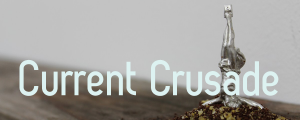Mental Powers are born of the suburbs. As yet another band from Western Australia with a unique aesthetic and perspective born from their singular surroundings of urban sprawl, geographical isolation and cultural boredom, the Perth-based band affect sonic distraction and physical transcendence through their second LP PRO BONO, out on independent label Badminton Bandit.
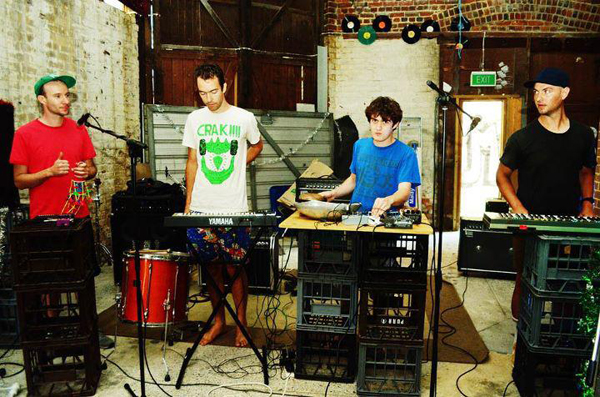
Working from an eclectic palette of synthesisers, rhythms and ideas, Mental Powers collect, stretch and assemble a rag bag of makeshift arrangements across a mantra of electronic and acoustic sound, often performed in an improvised setting. From bar floors and independent galleries, to residential yards and lounge rooms, the band build on an aesthetic of exploration constructed by, originally four, now three musical dilettantes whose interests and ideas reach far beyond audio alone. Member and band mouthpiece ‘Deni Deni’ is a fine art graduate, who has never formally learnt an instrument and is a surveyor by trade. Tom Freeman is a practicing artist of growing local reputation, while Jamie Doohan and Lewis Waters take their respective practical skills in illustration and woodworking towards teaching and sustainable living. All of them bring their unique perspective to their roles, across keys, percussion, guitar and shared vocals to create something entirely distinct and brilliantly weird.
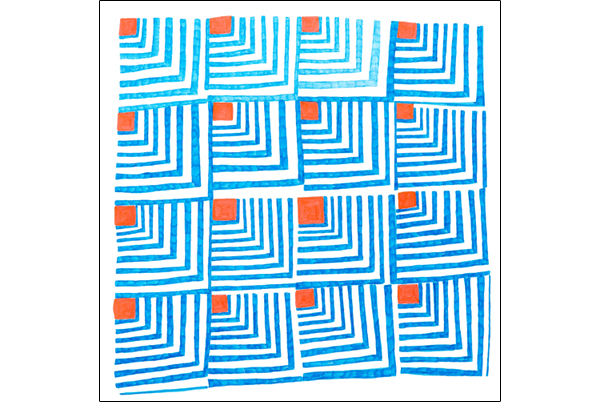
That’s because Mental Powers is a resilient organism. As a group of oddballs without the luxury of social reinforcement, they adapt to a cultural environment that is in a constant state of flux. In fact, label Badminton Bandit, run by fellow artist and musician David Egan, just upped sticks and moved to Melbourne -along with a huge proportion of frustrated and ambitious local creatives (soon-to-be ex-Mental Powers member Waters, among them). Yet here were are, only a month or two earlier with Deni, who doesn’t have a computer and has never used Skype, sitting in the basement of the old residential HQ where Egan lived and ran his label with an autonomous exhibition space out the back. That garage gallery is no more but Mental Powers remain.
aqnb: Do you think Mental Powers exists in terms of being ostracised?
Deni Deni: We’re just awkward dudes… We all do our own thing in our own way. Tom’s pretty prevalent as a practising artist in Perth at the moment. When he’s not doing stuff with the band. He’s getting married in December. Louie’s just recently saying, ‘I’ve got to go to Newcastle and do my architecture course and build a Yurt [a Mongolian portable housing structure]. He’s into a more holistic way of living, and that’s cool. Jamie’s doing his education assistance course at the moment and he’s really enjoying working with children. He’s an illustrator too, so he just turns class time into chances to watch the kids being more expressive and creative. We’re all making a difference in our own little way.
aqnb: What sparked the change in style?
DD: I think we’ve evolved as a band, musically, because we’ve acquired some new equipment and that’s definitely inspired the sound but its also going to all these different showcases and seeing an italo night or seeing a dance night or seeing a funk night, or whatever. It’s pretty cool, people doing their own thing. I don’t understand the logic behind hating on somebody because they’re just doing what they like. It seems kind of reductive and stupid.
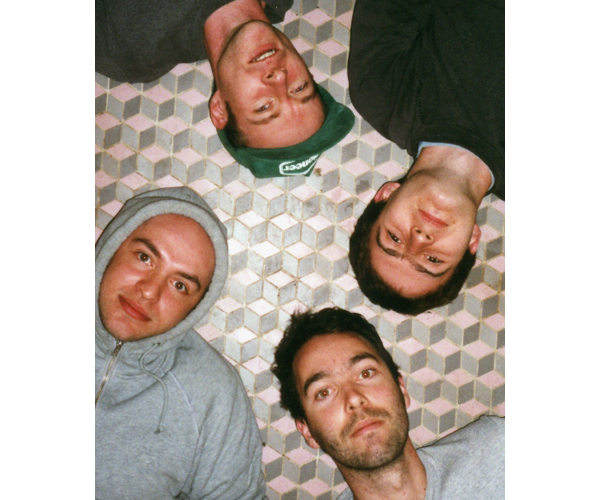
aqnb: I have to ask you about ‘Europeanist’. Is that title some kind of pun?
DD: It kind of came about because we were rehearsing and working on that one more one day than others and then Jamie’s housemate came out and he said, ‘oh that sounds like you’re a pianist’. We kind of like it because, generally what happens, if there’s a slip of the tongue, a Freudian slip or an interesting combination of words that somebody happens to utter, something that rhymes together… We liked the sound of it and the fact that it’s suggestive in more ways than one. Also from an adolescent point of view it sounds like, ‘you’re a penis’.
aqnb: I interpreted it as something with a double, even triple, meaning, including a provincial retort to global culture or people who are obsessed with everything outside of their own.
DD: Yeah, that’s pretty much exactly right, start to finish. It kind of came from an article I read several years back when Prince Harry came to Australia for a little bit. He was about five or six years… he was a lot younger, and he was doing these Aboriginal paintings. A friend of mine who had come back from America said there are a lot of these Anglo-American artists, in California particularly, that use a lot of ‘American Indian’ iconography, also Mexican and Latino styles, in their art. It seems to be not as much of a faux pas as it is in a country like Australia because it’s still a quite sore point. Also, with ‘culture-vulturing’, I got thinking about that Prince Harry incident in particular, and it was interesting to me because he didn’t have any problems with it because all he really wanted to do was paint a picture but then he knew nothing about that baggage that came with using that particular style.
aqnb: It’s interesting you say that about ‘culture-vulturing’ because, in terms of global culture, there are arguments for and against it, as well as regionalism.
DD: Yeah. We’ve been called a krautrock band before and I’ve got family in Germany but I wouldn’t call myself a ‘German rockster’ or something. All this feeds into that but I guess an opposite of that is like Aussie hip hop [laughs]. Where it’s like how many songs about fights and girls and beer can you actually sing a song about?
aqnb: It’s also like cultural tourism where you pick bits and pieces of other styles of music, appropriate them without an understanding of where it’s coming from.
DD: There have been collaborative efforts from the past that I cite as pretty inspirational for me for this last album. There’s this French producer called Hector Zazou and he did a lot of work with a couple of African artists in the 80s. He was basically called the ‘French Brian Eno’. The style of music he was doing was not dissimilar to all the stuff Eno was doing like My Life in the Bush of Ghosts, with David Byrne or the Talking Heads albums, that real, quote unquote, “world sound”.
It’s an interesting thing because, you’re right, there is a certain element of superficiality attached to that kind of thing but what is ‘world music’? I find it a really frustrating term because you live in the world, I live in the world, which ‘world’ are we talking about?
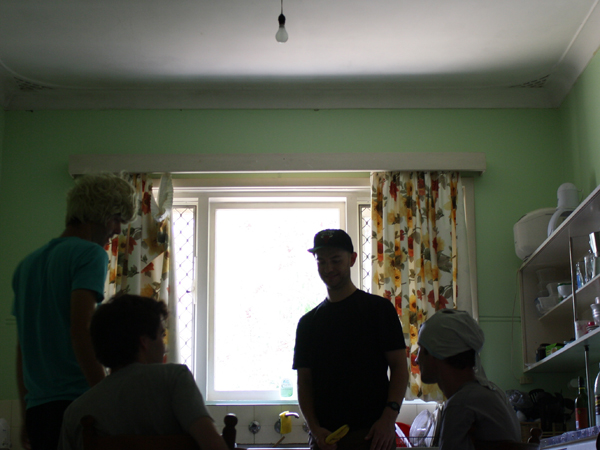
aqnb: I suppose the nature of music at its essence is democratic. It’s a discourse and there’s a tradition of taking other people’s ideas and building on them.
DD: You’re right. The whole folk tradition, through the blues, through Rolling Stones and The Animals, and The Beatles, all those guys, they’re all big skiffle heads, and blues heads. They all played those tunes. They were of that stuff but they were slightly different, the same with Led Zeppelin. I didn’t hear this until recently but apparently a good section of the Led Zeppelin catalogue is riffs totally lifted off old blues-ters and made accessible, hip and cool for the middle-classes of the world or something.
aqnb: What’s the plan with Mental Powers from here then?
DD: The same as it’s always been. The plan is there is no plan… There comes a time in everybody’s life where they look for meaning and maybe they think ‘the band I’m currently in is not fulfilling a certain need that I have, whether it’s a financial one or creative one and people want to do other things. Effectively that’s what’s happened with Lewis. We’re very sorry to see him go, he’s a very important member of our band, like anybody else is but his decision is a life decision. It’s basically an extension of his furniture, wood-making course. He wants to build sustainable living for people. He really wants to affect change in this country.
aqnb: Where do you work? Didn’t you work in a hospital or something?
DD: I did but that was a long time ago. While I was at uni I worked at a hospital as an orderly.
aqnb: You weren’t the one that worked in a morgue were you?
DD: I did.
aqnb: That’s right. Now what do you do?
DD: I’m a technician-hand for a surveying company. So it’s basically walking around in the sun, surveying the land. It’s quite nice. Perth’s very beautiful. Like I said, there are a lot of redeemable features about Perth.
Mental Powers’ PRO BONO is out now on Badminton Bandit.
Header image by: Daniel Bourke



